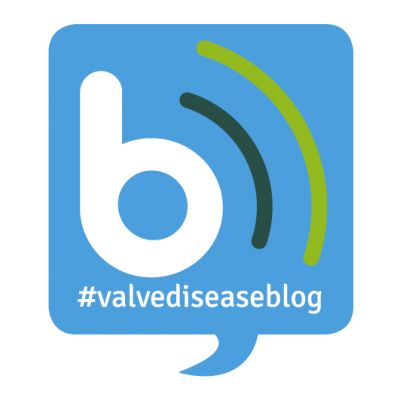
Wil's Blog
Monday 9th December 2019
After the incredible PCR Conference, a fortnight ago, this week we’ve been at the British and Irish Society for Minimal Invasive Cardiac Surgery (BISMICS) conference talking to medical professionals and industry leaders about the improving innovation of minimal invasive surgery and what the future hold for this surgical technique.
Heart Valve Voice were there to present on empowering patients with information, knowledge and confidence to choose the best surgery option for them, and to talk about the benefits of MIS for patient experience.
Minimal invasive surgery has several benefits regarding patient experience. Recovery time is quicker, meaning patients who have responsibilities (such as caring for loved ones) can get back to their normal life quicker. Longer hospital stays for these patients increases the strain on the health economy, with loved ones needing professional care whilst their family members recover.
Scarring is also greatly reduced, leaving patients feeling and looking more like their old self, with data also showing that the smaller incision carries less risk of infection then the traditional method of sternotomy surgery.
For minimal invasive surgery to develop and become more accessible certain things need to improve. These improvements begin with the development of training programmes. From two days at BISMICS we saw the quality of training which is being developed and are encouraged by it. These programmes need to be perfected and then rolled out to ensure that from junior doctors to consultants, MIS is a core part in the continued development of our excellent medical professionals.
Digital technology will need to improve, and systems become more homogenised to ensure quick and efficient sharing of information. By improving how we share clinical data and patient experiences, the processes of minimal invasive surgery will be enhanced and the information that patients receive will get better, ensuring they are able to make informed decisions based on what is best for them.
The sharing of information will be boosted by the development of specialist working groups who will we be able to advise medical professionals and college bodies on MIS. These groups will develop and improve the culture surrounding MIS and allow different groups and regions to share and learn from one another.
Ultimately, what’s most important to Heart Valve Voice in the development of MIS culture is involving patients in decision making - which is what our presentation looked at.
Currently, traditional surgery is still preferred, as MIS has not been shown to be superior yet, but the data continues to come through about this relatively new technology and we’re very encouraged by it. There’s also an increased cost of the procedure which presents a barrier. However, the case must be made for the overall long-term economic benefit, and this benefit needs to be prioritised.
It must also be added, that whilst the date continues to be collected and improved about this relatively new technology - it is safe. If there is an option to give patients the same treatment without the same risk of infection and with minimal scarring it should always be on the table. Even if this procedure is only equal to standard incisions then it should be adopted. Why would a patient want a big cut when they can get the same operation through a minimal incision?
To enhance and improve the data, in 2020 we’re aiming to start a project called Patient Recovery with our Chairman and leading professional Chris Young. We want to put wearable devices on patients to monitor their recovery times and compare the rates of MIS with traditional surgery.
The best way for us to improve access to MIS and enhance patient outcomes is to be a part of the collection of pointed data which illustrates the merits of this treatment option. We’re dedicated to doing this and are enthusiastic about what the result of this project might show.
There was a lot of discussion at BISMICs about improving patient outcomes, and active engagement, and increased power, for patients in choosing their pathways will improve patient outcomes. Through my work with Heart Valve Voice I’ve listened to so many stories where more agency for the patient in decision making would have led to a huge improvement in patient experience.
Fundamentally, empowering patients with the information to make the best choice for them is paramount. We’ve seen the thirst for knowledge in our patients increasingly rapidly, and that thirst should be respected and harnessed. Awareness of options is integral to patient outcomes, both in terms of their health experience and their confidence in the care they are going to receive.
For Heart Valve Voice, ensuring patients receive the best, and most suited, treatment for them will shape our future work. We have confidence in the development of MIS and will look to be part of that continued development in 2020. Then we will be able to ensure patients are feel comfort and confidence in their pathways and treatment.
